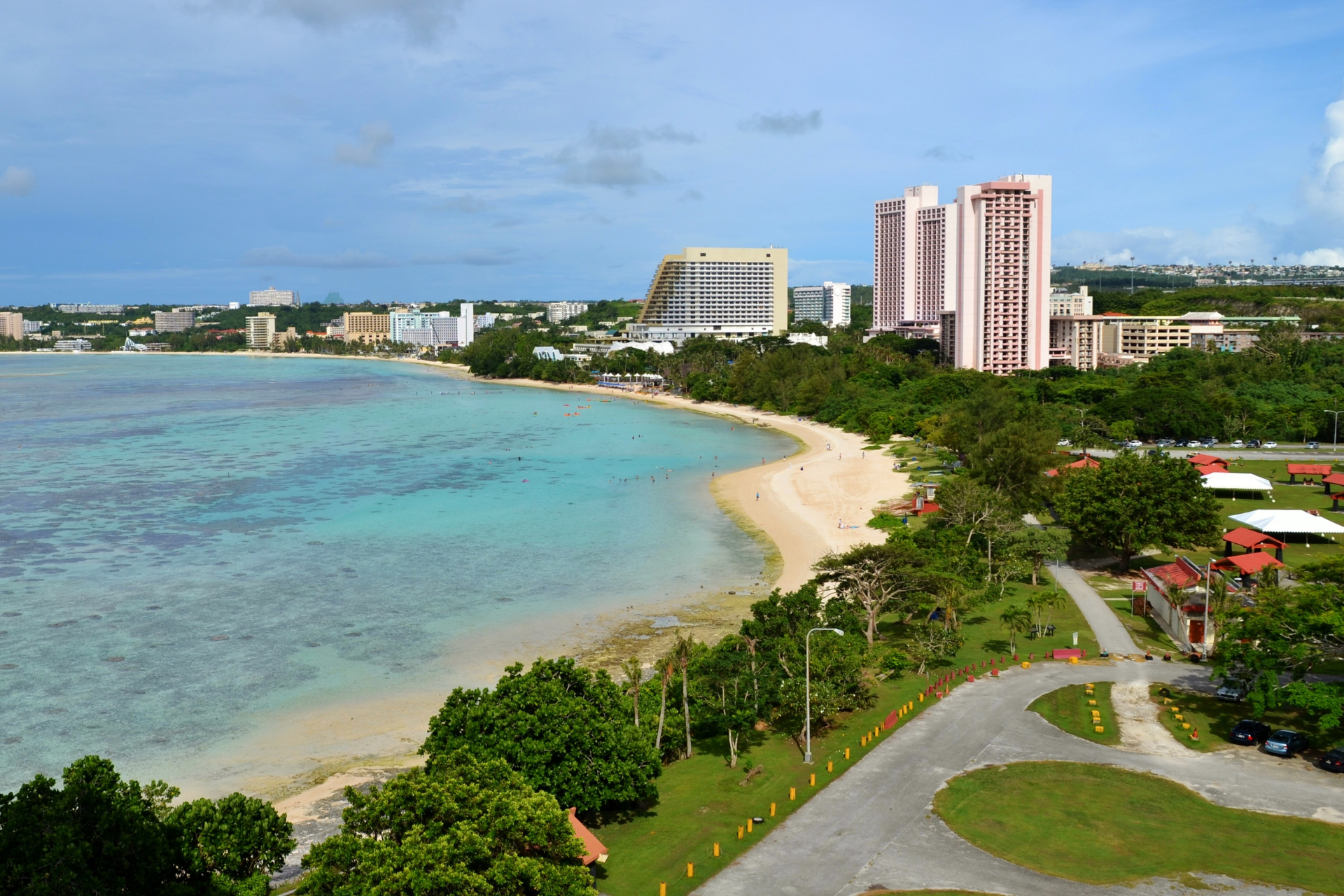Federación de Maestros de Puerto Rico (FADEP) v. Financial Oversight and Management Board for Puerto Rico is a U.S. court case brought by the Puerto Rico teachers’ union after the PROMESA Fiscal Oversight and Management Board (FOMB) extended the retirement age for teachers and reduced their pensions.
The case also specifically asked for a review of the Insular Cases, a series of court cases decided at the beginning of the 1900s that enable discriminatory treatment of U.S. territories.
The Insular Cases, which were decided around the same time as Plessy v. Ferguson, are widely recognized for their racist underpinnings. Justice Sonia Sotomayor has called the Insular Cases “odious and wrong.” Justices Neil Gorsuch has similarly expressed support for overruling the cases.
Last Monday, the Supreme Court declined to hear the case on appeal, essentially foreclosing an opportunity to review the controversial cases for the second time in two months.
The Court’s decision is consistent with its decision not to review Fitisemanu v. United States last month, another case that would have provided the Supreme Court with an opportunity to overrule the Insular Cases.
The Board’s decision
The PROMESA Board made changes to teachers’ pensions as part of its Plan of Adjustment. The most significant change is that the pension system will be a defined-contribution plan rather than a defined-benefit plan going forward: that is, the amount of savings that individuals can contribute towards retirement savings are “defined” at a predetermined amount, but the benefits of those savings – which naturally ebb and flow as the stock market rises and falls – are not “defined” or otherwise guaranteed at a predetermined amount.
The teachers union argued that the Board overstepped its authority and that it should not have been able to dismantle the pension system.
The First Circuit Court upheld the Board’s decision, saying that PROMESA gave the Board “broad latitude” to find financial solutions.
In their appeal, the teacher’s union appeal covered the Oversight Board’s authority to make the changes they directed as well as the continued relevance of the Insular Cases.
“These cases are based on a doctrine that refuses to extend the United States Constitution to the territories because they are of different races and customs. Our position is that, in absence of the Insular Cases, the courts would not have been able to decide as they did and that it is time that this racist doctrine that affects the everyday lives of the people that live in the territories is overruled,” said one of FADEP’s attorneys, Professor Jessica E. Méndez-Colberg.
However, the Board claims that the Insular Cases are not relevant to their decision. “A central theme of the Petition is that this case provides an opportunity for the Court to overrule the Insular Cases,” the Board wrote in their response to the complaint. “Nothing could be further from the truth. The Insular Cases have nothing to do with the issues resolved below.”
“Neither the district court nor the court of appeals cited or relied upon the Insular Cases, and neither party so much as mentioned the Insular Cases in their principal briefing,” they continued. “The Insular Cases concern whether and how the Constitution applies in Puerto Rico. That question is irrelevant to this case, which involved confirmation of a plan of adjustment in bankruptcy and a garden-variety application of preemption principles. Petitioners’ strategy of repeatedly invoking the Insular Cases is a desperate attempt to deceive the Court into thinking the issues at stake are more important than they are.”
Protests
Teachers in Puerto Rico have been protesting the closures of schools, failure to repair damage from recent natural disasters, and base pay that has not changed in 13 years.
The complaint from teachers’ union claimed that the Board’s changes to the pension plan “condemned approximately 30,000 teachers to a miserable existence in their most vulnerable years.” The Board responded that the current pension obligations would be fully funded, with the switch from a defined-benefits plan taking place in the future to keep costs down.
Earlier in the year, teacher protests saw 80% or more of Puerto Rico’s teachers taking part in a “sick out.” Governor Pierluisi instituted temporary salary increases but also suggested that teachers could choose other jobs if they were not happy with their working conditions.


